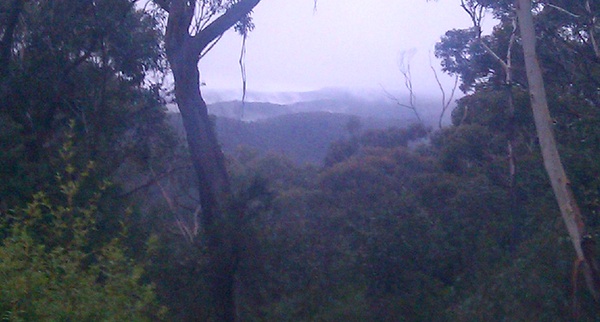Australia’s Standing Committee of Attorneys-General has been meeting in Adelaide these past two days. They’ve finally agreed to allow an R18+ classification for computer games. But I’m surprised to see they’ve said almost nothing about online crime.
In their Communiqué and Summary of Decisions [25kb PDF] they say:
R 18+ Classification for Computer Games
Ministers made a decision in principle, to introduce an R 18+ category for computer games. NSW abstained.
Ministers:
(a) agreed to take the Guidelines for the Classification of Computer games, as amended at the meeting, to their respective Cabinets
(b) agreed in principle, with the exception of the NSW Attorney General who abstained, that the Commonwealth introduce the proposed amendments to the National Classification Code to support the introduction of an R 18+ category
(c) agreed, with the exception of the NSW Attorney General who abstained, to commence drafting amendments to their enforcement legislation to reflect the introduction of an R 18 + category for computer games
(d) agreed that it would be desirable for classifications of existing games to be reviewed in light of the new classification Guidelines.
This leads to the interesting possibility that the federal government could legislate to create the R18+ category, but NSW could choose not to implement matching laws. The result would be that the games would be legal to sell everywhere in Australia except NSW.
A similar situation already exists for X-rated movies. The federal government passed the laws, but the states changed their minds later. So X-rated material is available in the ACT.
But as I say, there was precious little on cybercrime.
Continue reading “R18+ computer games, finally, but little on cybercrime”


